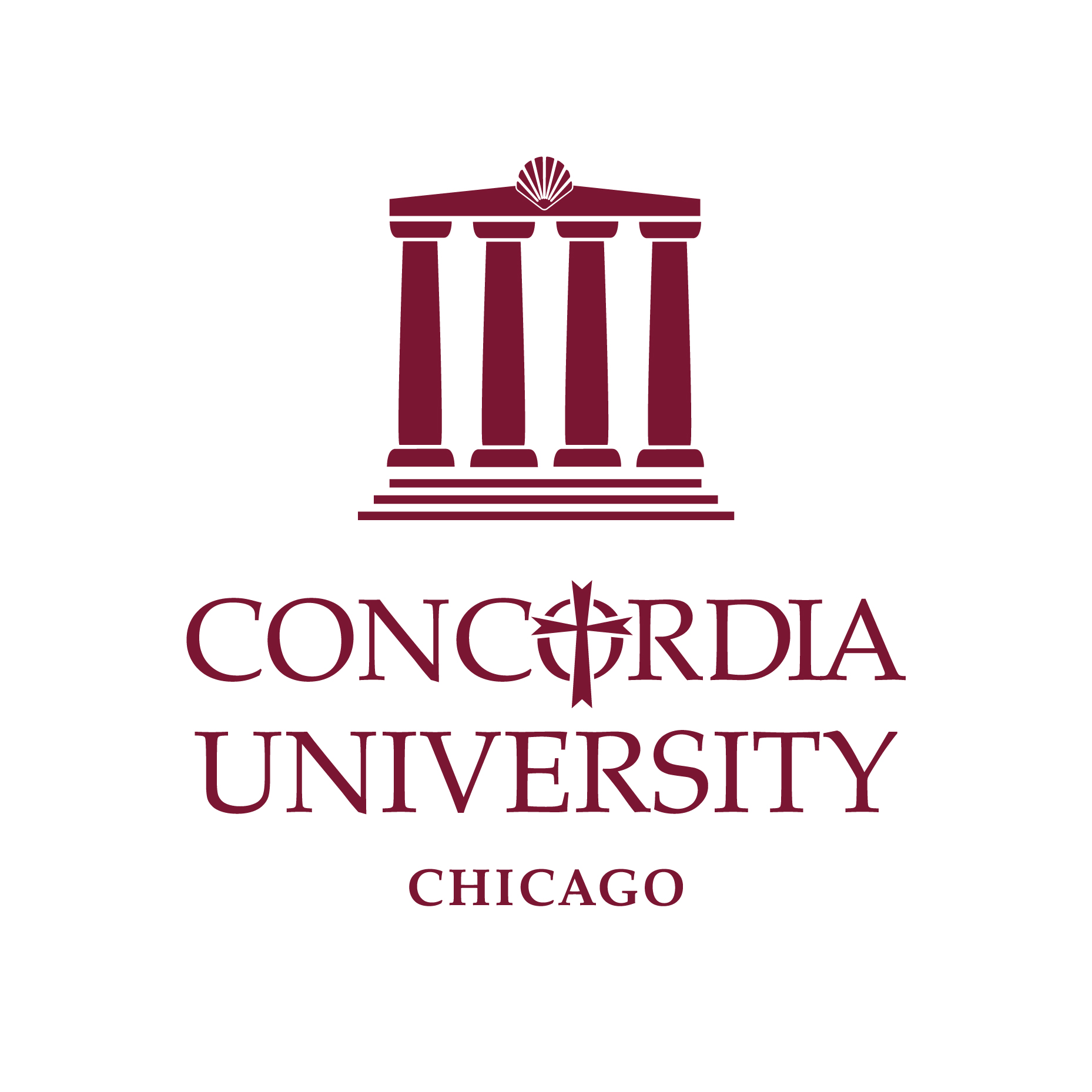Study Format
- Online
- On Campus
- Blended
Program Length
- 18 Credit Hours
Application Deadlines
Domestic Students
Summer 2024 Application Due | Classes Start May 6, 2024
The Teaching of English to Speakers of Other Languages (TESOL) program offers a graduate certificate* designed to meet the needs of individuals wishing to apply teaching and learning language in various professional fields. This specialized field of study requires training in linguistics, second language acquisition, language pedagogy, assessment, research, materials development, program administration, and cross-cultural communication. Upon successful completion of the program, students should have an understanding of the basic theoretical concepts and practical approaches to teaching English in a variety of teaching contexts.
*Please note: This certificate does not lead to an ESL PK-12 teaching license.
Admission Requirements
- Have earned a BA or BS degree
- Resume and objective statement
- Once admitted, must maintain a GPA of at least 3.0
Program Information
Coursework
TESL 6110 Introduction to Distance Education for TESOL
TESL 6200 Applied Philology and World Englishes
Familiarity with both standard and non-standard varieties of English in countries where English is spoken as a first language, as an official language, and as an influential foreign language. Examination of the conditions and contexts surrounding the development and expansion of English as a global language through historical, linguistic, social, cultural, political, and literary concerns. Selected studies of sociolinguistic variables, language change, code-switching, and universal grammar to inform discussion of such variation as found in African-American English, Indian English, British dialects, and English-based pidgins and creoles. Will also include the fundamentals of philology in applied areas.
TESL 6210 Teaching ESL/EFL to Adult Learners
Introduction to adult learning theories and contexts for teaching the adult language learner. Examination of goals, principles, and best practices for teaching English as a Second or Foreign Language, and ways to evaluate adults’ second language development. Exploration of the influence of varying backgrounds on adult language learning to promote an effective, communicative language classroom for students of varied ages and levels in various adult language teaching situations.
TESL 6220 TESOL Curriculum Planning and Methodology
Introduction to curriculum theories and their application toward the process of curriculum development, from needs analysis to course evaluation, utilizing a needs-based, learner-centered approach to selecting, adapting, and designing curricula, courses, and materials. Emphasis is on ESOL curricular design and appropriate instructional planning to address the socio-cultural, physical, and educational needs of students in Pre-K-12 and university settings. Attention is given to English for Academic Purposes and Content-Based Instruction.
TESL 6230 Second Language Acquisition
Intensive examination of how humans learn second languages. Review of the theories and key concepts of first and second language acquisition. Examines theoretical models and research on such issues as differences between L1 and L2 acquisition, the variables that may affect the language development processes, the effect of age on language acquisition, cognitive factors in second language acquisition, and learner variables. Exploration of sociocultural factors included.
TESL 6240 Issues in Second Language Rhetoric and Composition
Examination of theories and practices underlying the teaching and learning of second language writing. Inquiry into rhetorical, political, linguistic, and pedagogical issues in teaching writing at English language institutes or at the college or university level to learners whose first or strongest language is not English. Emphasis on developing the background necessary to examine and refine one’s pedagogical position on the teaching of academic writing to linguistically and culturally diverse learners that includes English for Specific Purposes. Attention given to Contrastive Rhetoric and Computer-Mediated Communication.
Admission Counselor
Connect with your admission counselor.
